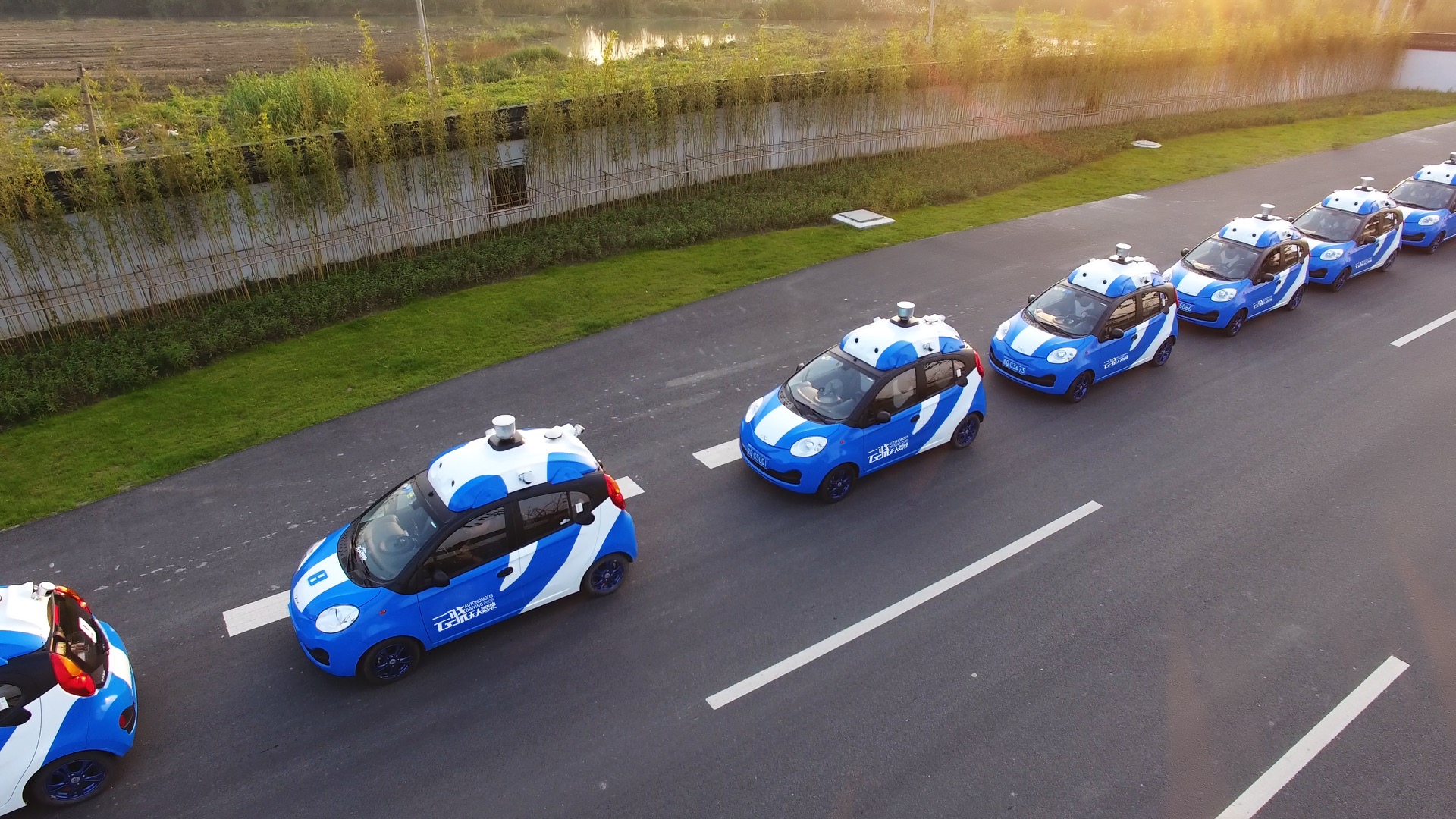

Chinese tech giant Baidu hopes to accelerate development of self-driving cars through collaboration. Its newly-launched “Project Apollo” will provide other companies with open access to a software platform that interfaces with Baidu’s own autonomous-driving hardware.
Baidu chose the name “Apollo” as a reference to the NASA moon missions, and while it may not quite be of the same magnitude, the Chinese firm’s autonomous-car project is fairly ambitious. The goal is to use open-source software to create an ecosystem of interoperable cars, hardware, and software.
The announcement drew praise from executives at Chinese automakers Chery and NextEV, which plans to sell electric cars with some degree of autonomy in the U.S. under its NIO brand.
Baidu plans to being allowing access to its autonomous-car testing program in July, but only in what it calls “restricted environments.” The program will expand to cover “simple urban road conditions” later in the year, and finally, Baidu expects to be ready to tackle more complex urban driving situations and highways by 2020.
This is the latest move by Baidu to become a major player in self-driving cars. The company has expressed interest in launching a self-driving bus by 2018, but so far, it has made little apparent progress in testing. Baidu is currently regrouping after a partnership with BMW to develop autonomous cars fell apart last year. BMW is now working with Intel and Mobileye on the technology.
Baidu was granted a license by the California Department of Motor Vehicles to test autonomous cars on public roads in the state last year, but hasn’t actually started a U.S. testing program yet. Even if it does make more progress, Baidu faces the same problem as other tech companies looking to commercialize autonomous cars: lack of actual experience with vehicle manufacturing.